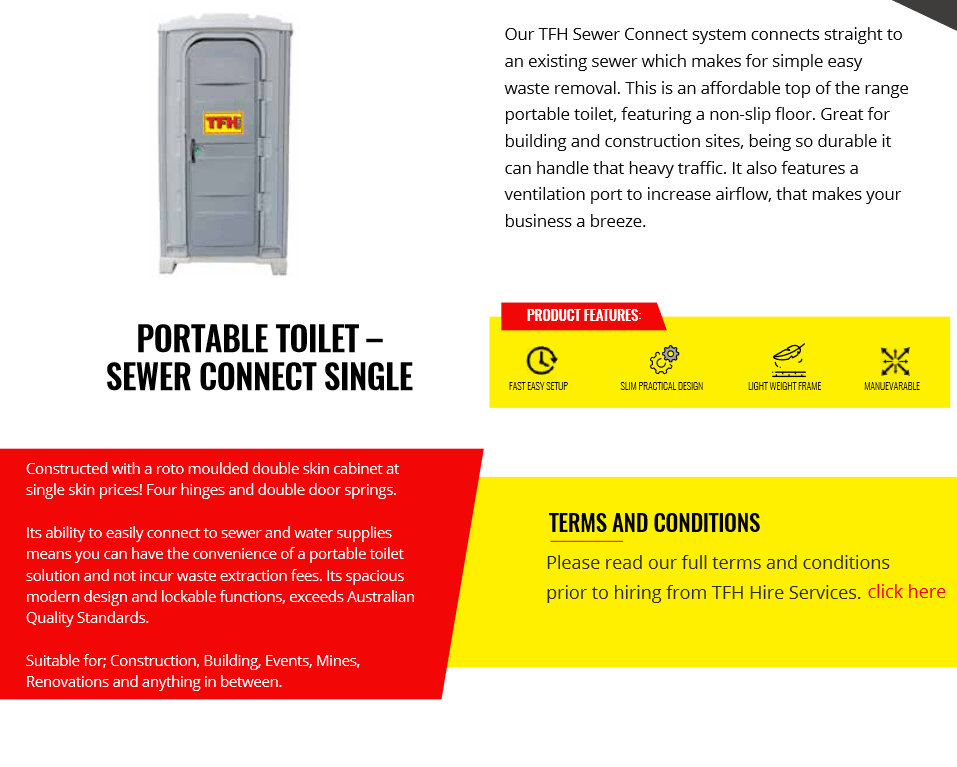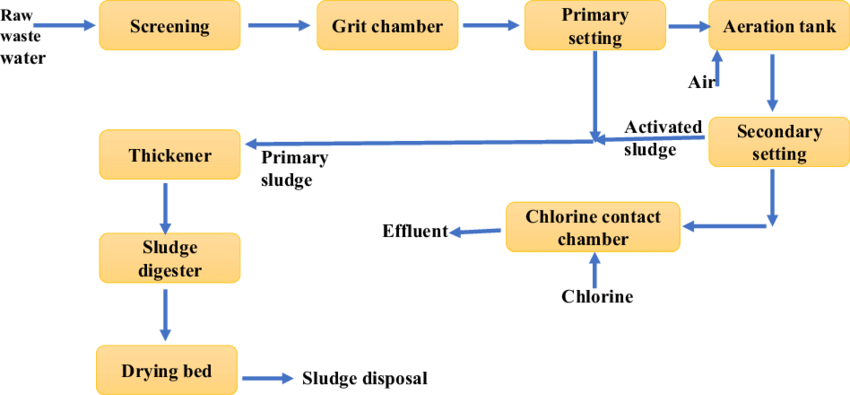The Facts About Reclaim Waste Uncovered
The Facts About Reclaim Waste Uncovered
Blog Article
The smart Trick of Reclaim Waste That Nobody is Discussing
Table of ContentsReclaim Waste Fundamentals ExplainedThe Greatest Guide To Reclaim WasteA Biased View of Reclaim Waste3 Easy Facts About Reclaim Waste Described5 Simple Techniques For Reclaim Waste
Domestic sewer waste refers to the waste and products from a household septic container. The proper administration and disposal of domestic sewer waste require liquid waste to be moved to a sewage therapy plant where the proper methods and tools are used to purify and dispose of waste.
Business waste commonly consists of potential threats, such as flammable materials or a combination of liquid and solid waste items, and calls for a much more sophisticated and thorough disposal process. The disposal of business waste generally entails the filtration of waste before transportation to make sure secure and proper disposal. Industrial waste is produced from results and runoff of industrial procedures and manufacturing.
This kind of waste can not utilize the exact same sewer management transportation or processes as septic or industrial fluids. The commercial waste management process needs the inspection and testing of liquid waste before it undertakes the disposal procedure (industrial wastewater treatment). Overflow waste is the fluid waste that originates from drainage and excess stormwater in very populated locations or cities
Overflow waste can create contamination and flooding if not managed effectively. Ensuring correct waste monitoring can stop catastrophes and minimize ecological harm.
The Facts About Reclaim Waste Uncovered
Contact PROS Services today to learn more about our waste management and disposal solutions and the proper methods to take care of the fluid waste you create.
(https://moz.com/community/q/user/reclaimwaste1)Do you recognize what occurs to your water when you pull the plug, purge the bathroom or drain pipes the cleaning equipment? No? Well, it's worth recognizing. This supposed 'wastewater' is not only a vital source however, after therapy, will be launched to our land, waterways or the ocean. Made use of water from toilets, showers, baths, cooking area sinks, washings and commercial procedures is called wastewater.

water utilized to cool down machinery or tidy plant and devices). Stormwater, a kind of wastewater, is overflow that moves from agricultural and urban areas such as roof coverings, parks, gardens, roadways, paths and gutters into stormwater drains pipes, after rainfall. Stormwater flows untreated directly to neighborhood creeks or rivers, eventually reaching the ocean.
The Best Strategy To Use For Reclaim Waste
In Queensland, the majority of wastewater is treated at sewage treatment plants. Wastewater is moved from domestic or industrial websites via a system of sewage systems and pump terminals, known as sewerage reticulation, to a sewage therapy plant.
The Department of Natural Resources advises regional governments concerning handling, operating and preserving sewerage systems and therapy plants. In unsewered locations, city governments might require owners to set up specific or house sewer treatment systems to treat domestic wastewater from toilets, kitchens, restrooms and washings. The Division of Natural Resources authorises the usage of home systems when they are shown to be reliable.
A lot of stormwater receives Our site no therapy. In some new neighborhoods, treatment of some stormwater to remove clutter, sand and crushed rock has actually begun making use of gross pollutant catches. Wastewater treatment occurs in four stages: Removes strong issue. Larger solids, such as plastics and various other things wrongly released to sewage systems, are removed when wastewater is gone through displays.
Wastewater after that flows right into big storage tanks where solids clear up and are removed as sludge. Oil and residue are skimmed from the surface area. Uses tiny living organisms referred to as micro-organisms to damage down and remove staying liquified wastes and fine bits. Micro-organisms and wastes are incorporated in the sludge. Eliminates nitrogen and phosphorus nutrients that can create algal flowers in our rivers and intimidate marine life.
Reclaim Waste for Beginners
Nutrient removal is not available in all sewer treatment plants due to the fact that it requires expensive specialised equipment. It is becoming extra usual in Queensland. Clear liquid effluent produced after treatment might still consist of disease-causing micro-organisms. If this effluent is released into rivers such as rivers or the sea, the micro-organisms will eventually pass away out.

This generally indicates wastewater needs to be dealt with or pollutants gotten rid of before it can be released to waterways. Most wastewater moves right into the sewerage system. Under the Act, neighborhood governments administer approvals and licences for ecologically pertinent tasks (Ages) involving wastewater launches that might have a neighborhood impact. The division administers approvals and permits to Periods involving wastewater releases that may have a local or statewide effect.
10 Simple Techniques For Reclaim Waste
Monitoring offers valid info concerning water high quality and can verify that permit conditions are being satisfied. The information obtained through surveillance supplies the basis for making water high quality decisions.
Report this page